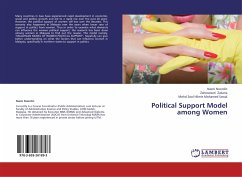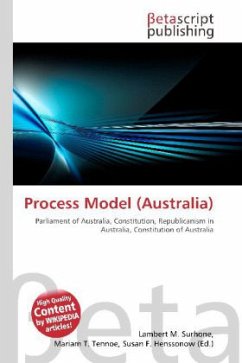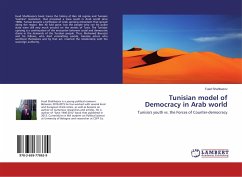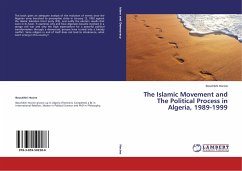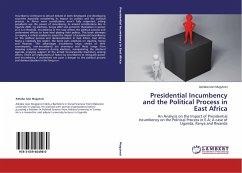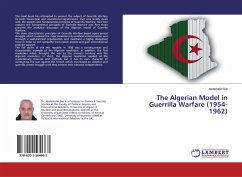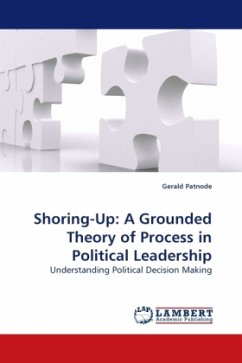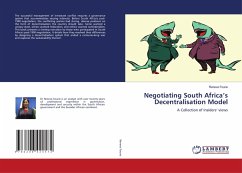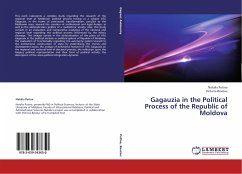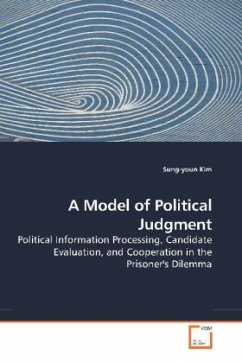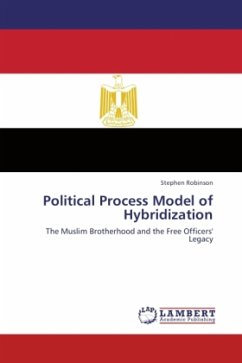
Political Process Model of Hybridization
The Muslim Brotherhood and the Free Officers' Legacy
Versandkostenfrei!
Versandfertig in 6-10 Tagen
32,99 €
inkl. MwSt.

PAYBACK Punkte
16 °P sammeln!
This paper explores the complex relationship that emerged between the Muslim Brotherhood and the Egyptian regime following the Free Officers' Revolt in 1952. Robinson's comprehensive analysis of the Muslim Brotherhood traces its transition from a banned organization to the most prominent opposition force in the Egyptian parliament. Robinson's argument relies on a mixture of social movement theory - "Political Process Model" - and political theory - "regime hybridization" - while providing thorough historical analysis. The reader will gain a more accurate understanding of the role of the Muslim...
This paper explores the complex relationship that emerged between the Muslim Brotherhood and the Egyptian regime following the Free Officers' Revolt in 1952. Robinson's comprehensive analysis of the Muslim Brotherhood traces its transition from a banned organization to the most prominent opposition force in the Egyptian parliament. Robinson's argument relies on a mixture of social movement theory - "Political Process Model" - and political theory - "regime hybridization" - while providing thorough historical analysis. The reader will gain a more accurate understanding of the role of the Muslim Brotherhood in Egyptian society, and its potential to influence Egypt's political future.



